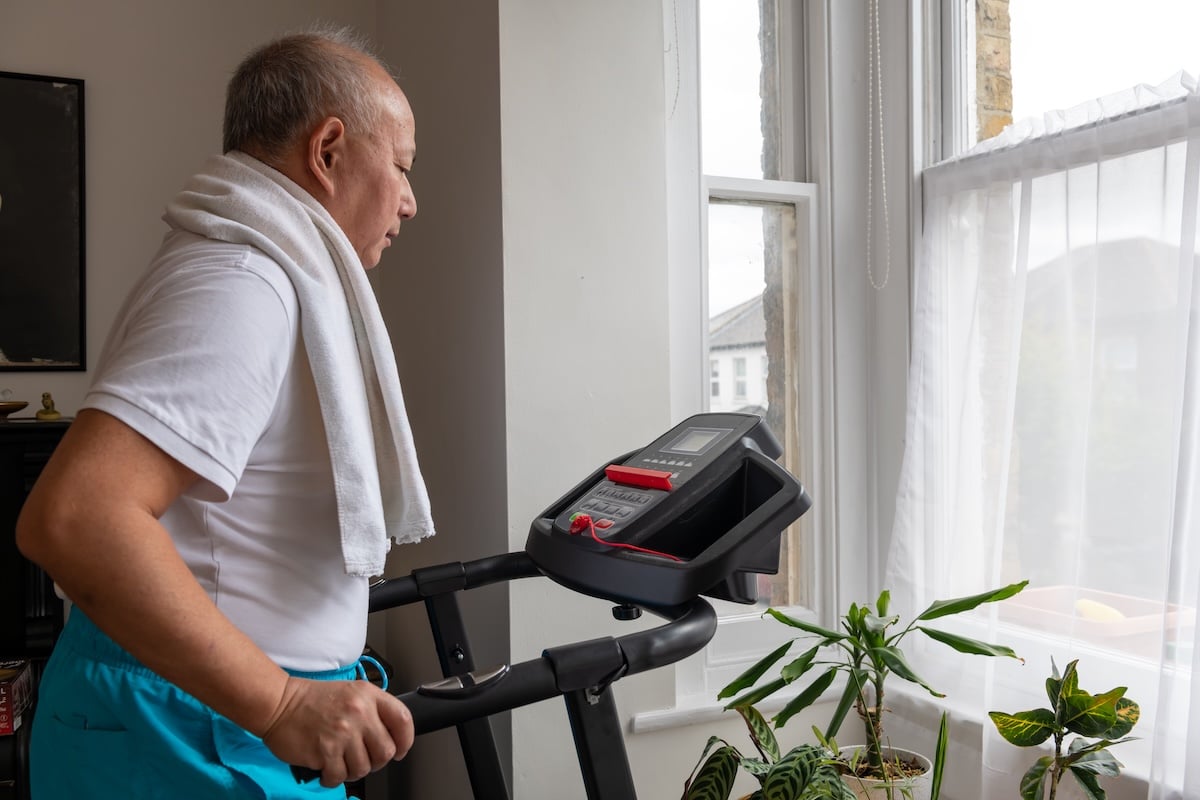Massachusetts is one of the country’s bluest and most progressive states, so why is it so “exceptionally average” at electing women – from town select board through governor and Congress? And how might electing more women help the state?
Find out the answers at our next Kendal at Home webinar, Exceptionally Average: Massachusetts' Record on Electing Women with Professor Erin O’Brien, which takes place on Tuesday, March 29, at 2 p.m. EDT. Though intended as enrichment, the session is ideal for attendees who have thought about running for office in the past, are thinking of running now, or want their daughters and granddaughters to have a full opportunity to serve.
Roughly a quarter of the Commonwealth’s elected state and local officials are women, and the rates have tracked the national average going back to suffrage, according to O’Brien, associate professor of political science at the University of Massachusetts Boston.
The higher the office, the tougher the task for women. Michelle Wu of Boston is only the second woman elected mayor of any of the state’s 10 most populous cities. Not until 2013 did Elizabeth Warren break the glass ceiling as the first female U.S. senator from the state. Attorney General Maura Healey is running to be the first elected female governor.
Data tells women’s stories
In the webinar, O’Brien will use data from her own research to explain how:
- Getting on the ballot is harder for women,
- Women officials work differently from men,
- One-party dominance discourages newcomers,
- Child care and elder care costs drain women from candidate pools,
- Women in Massachusetts are forced to run as outsiders even if they’re loyal Democrats.
“This is more than just an interesting puzzle to unpack,” says O’Brien. “Underrepresentation is a problem. We know that equal female representation is better, not just in a feel-good way, but substantively.
“Women legislate differently. They bring more attention to certain issues, not just children but social welfare programs, support for the elderly, minimum wage, workplace protections, education, and reproductive health. This session will resonate both with women who have faced obstacles and those who think extraordinary progress has been made.”
O’Brien is co-author of an upcoming book, “The Politics of Massachusetts Exceptionalism: Reputation Meets Reality.”













